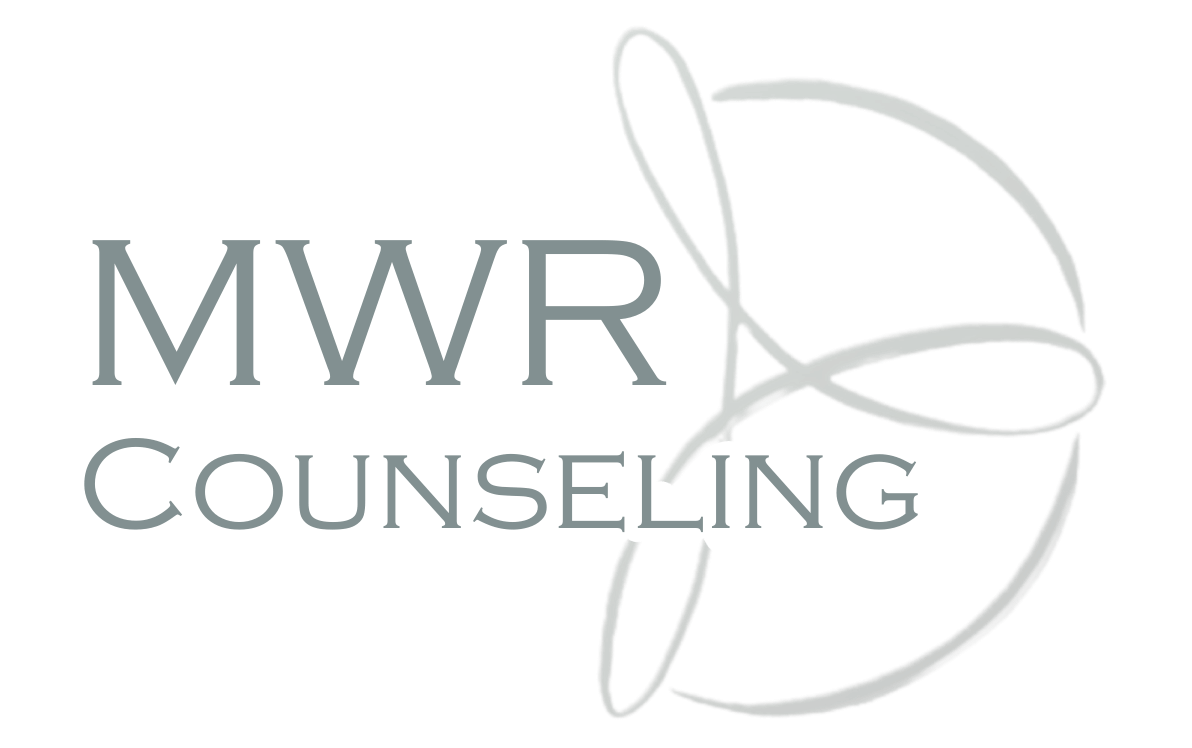Spring cleaning for the mind- 3 simple tips for mental health and wellness

Written by Gabby Hartman, tLMFT
Learn more about Gabby here.
Just like our physical environment can become cluttered and overwhelmed, our mental environment can as well.

What do you think of as days grow longer and grass turns greener? Are you itching to organize that junk drawer? Or do you start focusing on how you’re going to clean up your yard? While many of us are already planning on purging our closets and breaking out the weed killer, few are reflecting on how we can “clean out” our minds.
A mental “spring cleaning” can be necessary, or at the very least, helpful for improving our overall functioning. As you focus on cleaning and refreshing your physical environment, reflect on whether your mental one needs some tidying up, too. Think of a mental “spring cleaning” as being guided by the “Three C’s”:
- Clear
- Create
- Cultivate
1. Clear. What would you “clear out” of your mind if you had the power to? Trick question- you do have this power! If we imagine our minds as a literal house, we can begin to reflect on the “objects” we would rid ourselves of. You probably wouldn’t want garbage taking up space in your own home, so why let it reside in your mind? Just as purging the physical clutter can help us feel calmer, a mental purge can be necessary for helping us experience more internal peace.
Questions to identify thoughts to clear out:
What thoughts are distressing me the most daily?
What do I find myself automatically thinking when I feel upset?
Are these thoughts rational, productive, or empowering?
When we begin to take inventory of our thoughts, we can then start the spring cleaning process of our mind. Once we’ve identified what thoughts are causing us distress, negatively impacting our self-esteem, or making us anxious, we can shift our focus to newer, more positive habits. Reflection is a necessary step here; if we move too quickly from identifying the thoughts to replacing them, we can ignore the root of these thoughts. When this happens, we’ll often feel short-term relief- but the source hasn’t been identified.
What would you do if your home had developed a rotten smell? It would be natural to cover it with a more pleasant scent, but unless you identify the source, it will most likely return. Journaling, practicing mindfulness, and working with a trained mental health professional can all be effective tools for discovering and exploring the sources of automatic negative thoughts.

2. Create. If you’ve identified some thoughts you’d like to clear out, you can then move to creating new thoughts that are more realistic and/or positive. The purpose of doing this is not to ignore what makes us feel uncomfortable, or to bury difficult emotions. Instead, we move from identifying the automatic negative thoughts, reflecting on the source, and then generating new thoughts so that we can eventually feel more positively and think more rationally about ourselves.
Ideas for creating new thoughts:
Reflect on your strengths. If you have a hard time with this, ask someone who knows and loves you well- chances are, they have an idea!
Practice transforming these strengths into positive statements about yourself. For example- “I do my best to help those I care about” or “Every day I’m getting better at _____.”
Rehearse. Whether it’s practicing in front of a mirror, setting it as your phone background, or writing them on a sticky note, any time and energy you put into rehearsal can be effective with making these new thoughts a habit.
3. Cultivate. Once you’ve eliminated automatic negative thoughts and established newer thinking patterns, you can begin to cultivate healthier habits. Focus on what you have the means to do now, as in- today. If you’ve moved from harmful thinking that is rooted in the past, to present and future-focused thinking that promotes growth, you might already begin to notice changes in your mindset and energy level. This occurs because letting go of unhealthy habits creates margin for growth. The term “habits,” in this context, refers more to mental habits that encourage literal actions. Yes, exercising and clearing clutter can be great practices that complement mental health and self-care, but it’s the overall cognitive part of these habits that sustains them.

Tips for generating new habits:
Develop mindfulness. Practice doing one thing (just one!) at a time as you go through your day. Pay attention to your thoughts, bodily sensations, and emotions. When we focus on being more present, we let ourselves become more aware and attuned to who we really are.
Practice forgiveness. If you’re ready, work toward letting go of the resentment you feel toward another– maybe even yourself. Forgiveness doesn’t necessarily mean you forget what wrong has been done to you; it involves more of asking, “Does what I’m holding onto serve a purpose? Or does it cause me more distress than good?”
Incorporate acceptance. Accept what is outside of your control, and translate this to your actions. Instead of denying or ignoring things outside of your control that cause you distress, shift toward acceptance. Whether it’s another person or their actions, acceptance involves both thought and action. What in your life is taking more of you than you’d like?
Using these three guidelines can have a lasting impact on how you feel day to day. As you reflect on the changes you make, give yourself some credit. Just like clearing the physical clutter can be overwhelming at first, a mental spring cleaning can be difficult in the beginning, but the long-term effects can be incredibly rewarding.
Content provided in this blog post is for informational purposes only. Content is not intended to be a substitute for professional recommendations, diagnosis, or treatment. Always seek care from a mental health professional or other qualified health care provider with any questions you may have regarding your condition.
Please contact one of our skilled and trained mental health providers at MWR Counseling at (319) 693-5694 if you believe you would benefit from receiving professional mental health care. If you think you are in a mental health crisis, please call the Foundation 2 Crisis Line at 1 (800) 332-4224; if you are experiencing an emergency, please dial 911.




